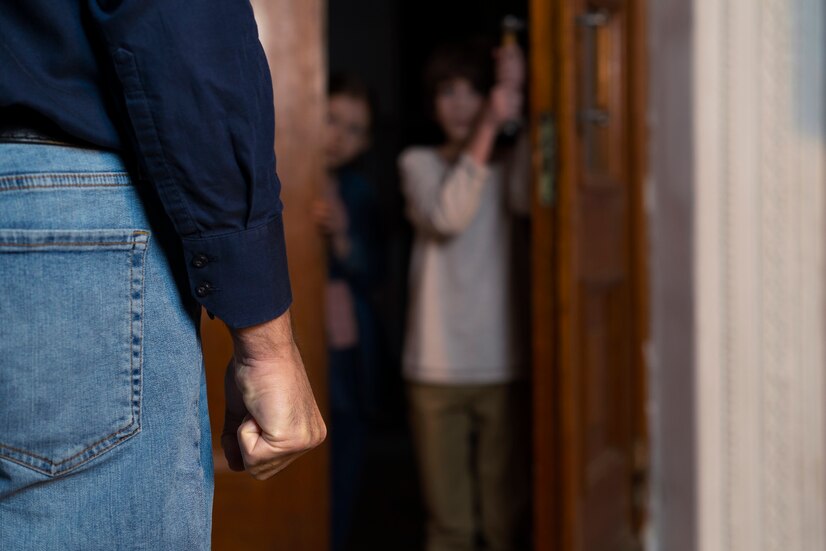Getting back in touch with your body and feelings can be frightening after sexual trauma. But it’s an essential part of healing.
Survivors often need to heal their bodies, regulate relationships with others, and reevaluate themselves to find safety and security in a world they know is inherently dangerous. The synthesis of these responses is called calling forth memories.
Talk to a therapist.
Adult survivors of sexual abuse often feel lost and disconnected. Talking to a therapist can help reconnect them with life and loved ones.
During a session, survivors can discuss their thoughts and feelings without being judged. They can also learn coping skills to help with the trauma and work through any issues that may arise in their relationships.
Mead advises survivors to look for a therapist who is well-trained in a trauma-informed modality. She says almost every major city has a rape crisis center and hotline, which are also good options. In addition, support groups are an essential part of recovery. The survivor should decide if they want to be part of one and with whom.
Take care of yourself.
Take care of your body and mind as you work through trauma. Try exercise (physical movement improves PTSD symptoms), eat well, get enough sleep, and find ways to relax. It’s also essential to connect with nature, art, and community.
Dispel toxic victim-blaming myths. It is entirely normal for survivors to feel feelings of guilt and shame in response to sexual assault. But these are feelings about what someone else did to them, not their behavior or choices.
Support your loved one as they reclaim their sense of self. Be patient and understanding as they struggle with flashbacks, anxiety, depression, and other symptoms of PTSD.
Make new friends.
It can take a long time for survivors to talk about what happened to them. They may worry that they will not be believed or that their friends will be turned against them by the abusive person who hurt them.
They need to know that their friends believe them. It is also essential to reconnect with friends who care about them. Staying connected to people who care about them can be healing.
It is also essential for their friends to avoid judging them and questioning their choices. It can increase their feelings of guilt and shame. They want their friends to relate to them in a way that gives them power and respects their choices on whatever timeline works for them.
Reconnect with old friends.
Many adult survivors of sexual abuse find themselves in a strange place after a trauma—their friendships go stale, and they feel like no one understands their experience. Getting back in touch with those old friends may be scary, but taking risks and reconnecting is essential.
Reach out through social media, and try to start the conversation with a photo of you both together or by commenting on their most recent post. It can help ease some awkwardness and spark conversation about what they’re doing now.
Be upfront about your reasoning for reconnecting, and respect their decision if they decide not to. They might just be busy, or maybe they don’t have any interest in rekindling your friendship.
Reclaim your sense of power.
Often, toxic have hurt and lost their sense of personal power. They feel they can no longer trust their judgment; relationships feel dangerous, and intimacy impossible.
Reclaiming your sense of power is a process that includes self-awareness, setting boundaries, and cultivating resilience. It means acknowledging that feelings of rejection and being used do not reflect your value as a person.
It also involves recognizing when someone manipulates you using guilt, deception, or charm to get what they want. Lastly, it is about making an effort to connect with old friends and do “normal” things that have nothing to do with your traumatic experience.
Don’t go it alone.
Survivors often struggle with triggered memories, feelings of unsafety, anxiety, and difficulty trusting others. These day-to-day challenges are difficult to overcome on one’s own.
Friends and family members must support loved ones through their healing journey by talking openly, listening, and empowering them to proceed at their own pace. For instance, it’s normal for a survivor to have boundaries around physical intimacy, and their romantic partner needs to respect these limits.
Science shows we heal better together, and the strategies mentioned above can help individuals recover from sexual trauma. However, it’s essential to recognize that these practices won’t work for everyone.











